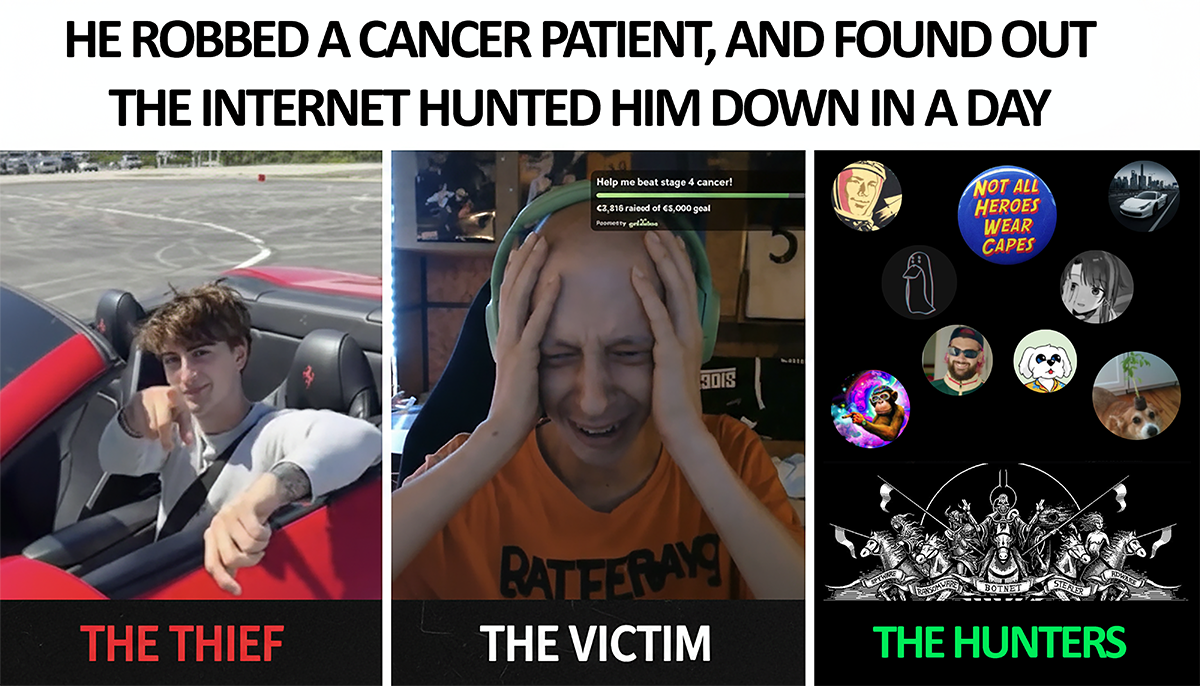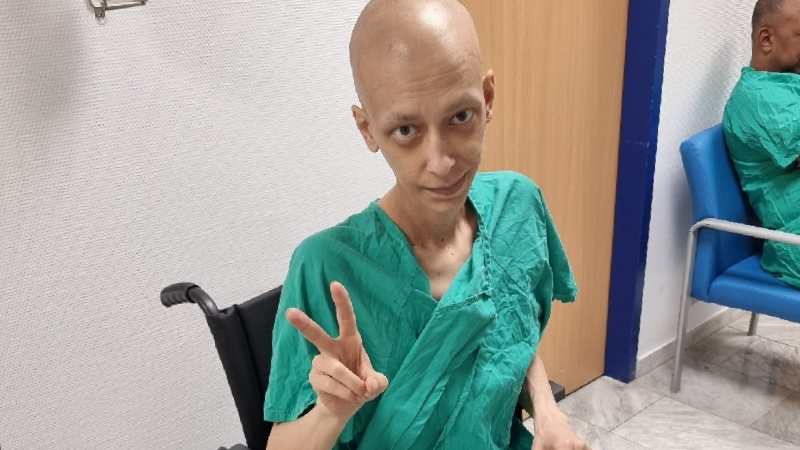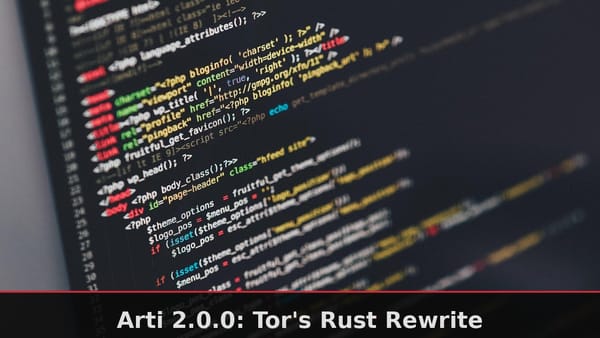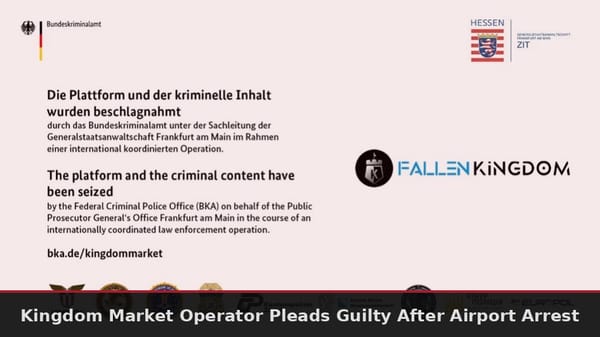Why You Never Rob Cancer Patients in Front of the Internet, AND Why Steam Sucks
A dying cancer patient lost $32,000 in medical funds when Steam-hosted malware drained his crypto wallet during a live broadcast.


Heros and Hunters List:
A dying cancer patient lost $32,000 in medical funds when Steam-hosted malware drained his crypto wallet during a live broadcast. The game "Block Blasters" appeared legitimate on Steam's platform but contained sophisticated crypto-draining malware targeting browser wallets like Phantom and Solflare.
rastalandTV, battling stage four cancer, desperately needed creator fees from his meme coin to fund treatment after his family went bankrupt from medical costs. Scammers specifically researched his condition, tracked his streaming schedule, and crafted their social engineering attack to exploit his financial desperation. The malware activated instantly when he downloaded the executable directly from Steam during his livestream.
https://docs.google.com/document/d/1vI4uKIYLl5iw6k1gspG4KY1JOoMIBGC1B6drPHmIZic
Despite receiving over 100 user reports about the malicious game, Valve's removal process crawled at bureaucratic speed while real victims suffered financial damage. The malware remained available for download on Steam's platform, proving their security promises worthless. Steam Workshop hosts similar malware threats for games like Cities Skylines, revealing Valve's platform has become a commercialized malware distribution system with minimal oversight.
Within hours, over 50 malware researchers and OSINT specialists mobilized independently. VirusUnderground and cybersecurity professionals reverse-engineered the attack, identified the criminals in Argentina, and exposed their entire operation faster than any corporate security team or government agency could respond. They traced the thieves through telegram accounts, Steam identities, and cryptocurrency wallet addresses after the criminals made critical operational security mistakes.
The crypto community immediately rallied. Alex Becker donated $32,500 to replace the stolen funds completely, while EasyEatsBodega contributed another $10,000. The cancer token's market cap surged to $632,000 through pure solidarity, generating new creator fees for treatment. The attackers learned a critical lesson: targeting vulnerable cancer patients triggers the internet's most dangerous hunters who work faster and more effectively than institutions that failed to protect innocent victims.





